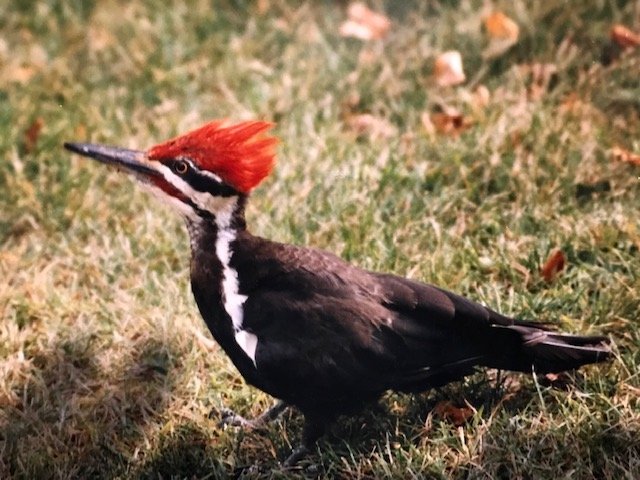Literature to Grow By
“Sustainability isn’t only, or mainly, about light bulbs. It’s about patience and prudence and the other virtues described in this book - it’s about becoming mature as people and as a society. That’s hard work but good work, and this is the manual.”
- Bill McKibben, author of Falter and The End of Nature
Humanism: In Command or in Crisis? (Now Available!)
Philosophic humanism advances several important theses: 1. That human interests are paramount (anthropocentrism); that civilization’s best hope lies in the rigorous application of rational thought; that overall the arc of human history is moving in a progressive direction; and, that science and technology can be counted on to produce results that contribute immeasurably to human well-being. Whether they call themselves “humanists” or not, a vast number of people in the developed West - and increasingly in other parts of the world - subscribe to this ideology. But is it working? Scholars and public intellectuals representing various disciplines, including history, biology and ecology, the behavioral sciences, literature, religion, philosophy, and cybernetics are asking important questions and challenging humanism’s core assumptions. Here you will find a cogent explanation and developmental history of humanism, and a comprehensive critique by highly respected commentators. More

Charles W. Schuler was an avid photographer who discovered many compelling subjects in both the built and unbuilt world
The Curious Man in Suite 604 (He Was My Father)
Dad had a long history of flouting authority. It wasn’t that he was an antinomian or a scofflaw, although he did fancy himself a non-conformist in the Emersonian or Sartrean mode. I can’t recall a time when he willfully broke the law or ended up in a serious confrontation with its enforcers. But it raised his hackles anytime someone else questioned his behavior or issued a directive. I think he interpreted all such initiatives as a play for power, and he simply abhorred the thought of knuckling under. Whether this sensitivity was attributable to his slight physical stature, negative experiences with senior officers in the military, an overbearing father, or a combination of the three is anybody’s guess.
I became aware of this aspect of Dad’s personality when I was about thirteen years old and standing with my family next to the chain link fence that surrounded Dixon High School’s playing field. We were there to watch the school’s Marching Band perform at halftime (my brother was on the field, beating time on his snare drum) during a home football game. Although we could have joined most of the other spectators in the stands, Dad didn’t want to linger any longer than necessary; the game itself was of no interest to him. Several other adults were also milling around, perhaps with the same agenda, when a burly security guard began ordering all of us to move away from the fence. When he placed a hand on Dad’s shoulder to ensure his compliance, he blew a gasket. We all retreated, but not until my red-faced father had given the guard a rather impressive piece of his mind. A verbal command would have been one thing, but the physical contact shook my father to the core. At the time I really worried that Dad might throw a punch and be arrested, but we hustled off without further incident.
My father had a hair-trigger temper, and although he could be verbally abusive, he wasn’t prone to violence until old age had taken a toll on his impulse control. In any event, he was determined not to be a flunky of any sort; kowtowing to someone else, he averred, would make him both miserable and ornery. Dad would make his way through the world on his own terms and in his own good time. More

